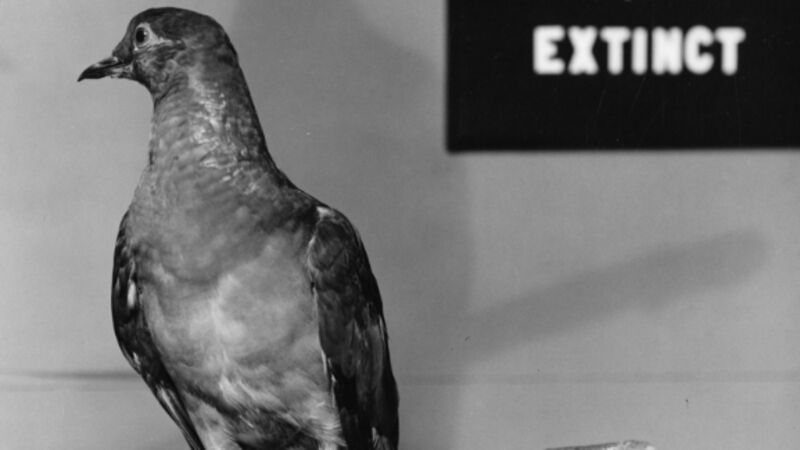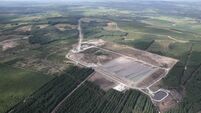Remembering Martha - We prefer to avoid the hard truths

The largest nesting roost for passenger pigeons was found in Wisconsin in 1871: An estimated 136m breeding birds covered some 850sq miles of forest. But by 1890 — just three decades later— passenger pigeons were an unusual sight in the wild. They had become a prized food source and were hunted relentlessly, shot, netted, and burned out of trees to satisfy a huge commercial market. By 1900, no more than a handful of birds could be found. The very last one, the very last one of the sky-darkening billions, died in Cincinnati Zoo 100 years ago today. the decades leading up to 1914 speaks to a denial still active today. Not only were we unable to modify our behaviour to save the species, we were unable to comprehend what conservationists were warning us about. Or else we were indifferent.Much like we, today, look away or pretend not to hear when the scientific community shares its conclusions on the impact human-generated climate change will have on oursocieties, civilisations, and world. The loss of the passenger pigeon, and the hundreds of other species lost since 1914, and the hundreds of species on the verge of extinction today, has had at least one good consequence.
America enacted, and much more importantly vigorously enforces legislation to protect wildlife and the habitat that wildlife depends on. Americans have culturally embraced the idea of protecting and respecting wildlife that many other societies could well to emulate. The passenger pigeon extinction had such an impact that the American buffalo, once numbered in millions but then in grave jeopardy, was saved.Just this weekend there was another warning about ourbehaviour, this time from Cambridge and Aberdeen universities, who said it is “essential” we eat less meat to ensure future demand for food can be met and “dangerous” climate change avoided. The researchers found that food production alone could exceed targets for greenhouse gas emissions in 2050. They say that increasing agricultural yields will not meet projected food demands for the expected 9.6bn world population. In 1960, that figure stood at just 3bn and in 1914, when Martha died, it was 1.8bn. The prospect of a reduction in meat consumption, especially in a country were it is Government policy to increase production dramatically, seems remote. But then no-one might have imagined that passenger pigeons, once numbered in billions upon billions, might ever become extinct.














